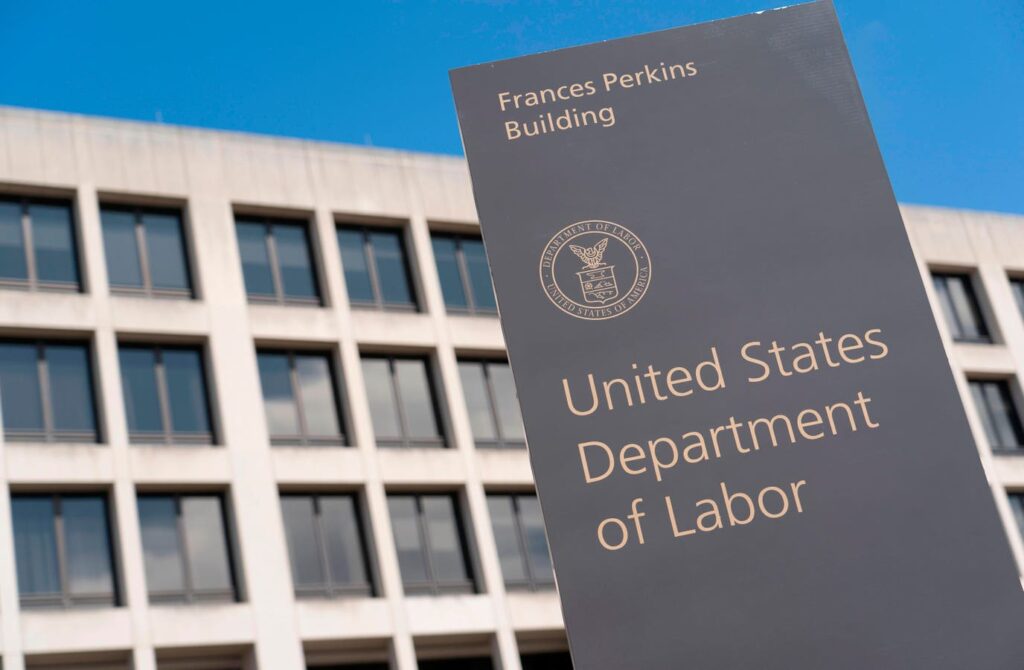
One of Biden’s Best Immigration Reforms Appears Dead
In a move that has been met with disappointment and concern by the business community and immigration experts alike, the Department of Labor (DOL) has announced that it will not be moving forward with its planned review of the Schedule A occupations list. This decision is seen as a missed opportunity to streamline the labor certification process for certain occupations and bring relief to U.S. employers struggling with lengthy processing times.
The move comes after a long-awaited Request for Information (RFI) was issued by DOL in November, which sparked hope that long-overdue reforms would finally be implemented. However, it seems that this initiative has been put on the back burner, leaving many American companies and their employees stuck in a laborious process.
“It is as disappointing as it is unsurprising,” said Jon Baselice, vice president of immigration policy at the U.S. Chamber of Commerce. “DOL’s actions since the RFI announcement were unenthusiastic, to say the least, and it’s a shame because modernizing the Schedule A occupation list could have really benefited many American companies and our economy as a whole.”
The process is currently riddled with inefficiencies, with some applications taking up to 468 days or more for an analyst review. Adding insult to injury, obtaining a Prevailing Wage Determination can take an additional six to eight months, while recruitment can last two to three months. This results in the entire PERM process taking anywhere from two to three years or potentially even longer.
Had this initiative moved forward, it could have provided significant benefits to U.S. employers and foreign nationals alike. For instance, individuals in occupations listed on Schedule A would not have needed to wait more than a year for labor certification, allowing them to obtain an approved I-140 faster and lock in their priority date. This would have also allowed foreign nationals to utilize the approved I-140 to extend their H-1B status beyond the six-year limit.
As it stands, U.S. employers will continue to face significant challenges due to the arduous PERM labor certification process for STEM-related occupations and other areas where there is a national shortage in the United States.
“This announcement means U.S. employers will not receive the much-needed relief they need, particularly in the hiring and long-term retention of foreign-born professionals in STEM occupations,” said Otieno B. Ombok, co-leader of the immigration practice group at Jackson Lewis.
In an era where the U.S. economy is increasingly dependent on highly skilled workers, it is unfortunate that this initiative has been put on hold. Without a streamlined process for labor certification, American companies will continue to struggle with lengthy processing times and may be forced to turn to other countries when seeking top talent.
As of now, there appears to be no clear indication as to whether the Trump administration plans to revive this initiative or make any changes to the existing process.
Source: www.forbes.com


